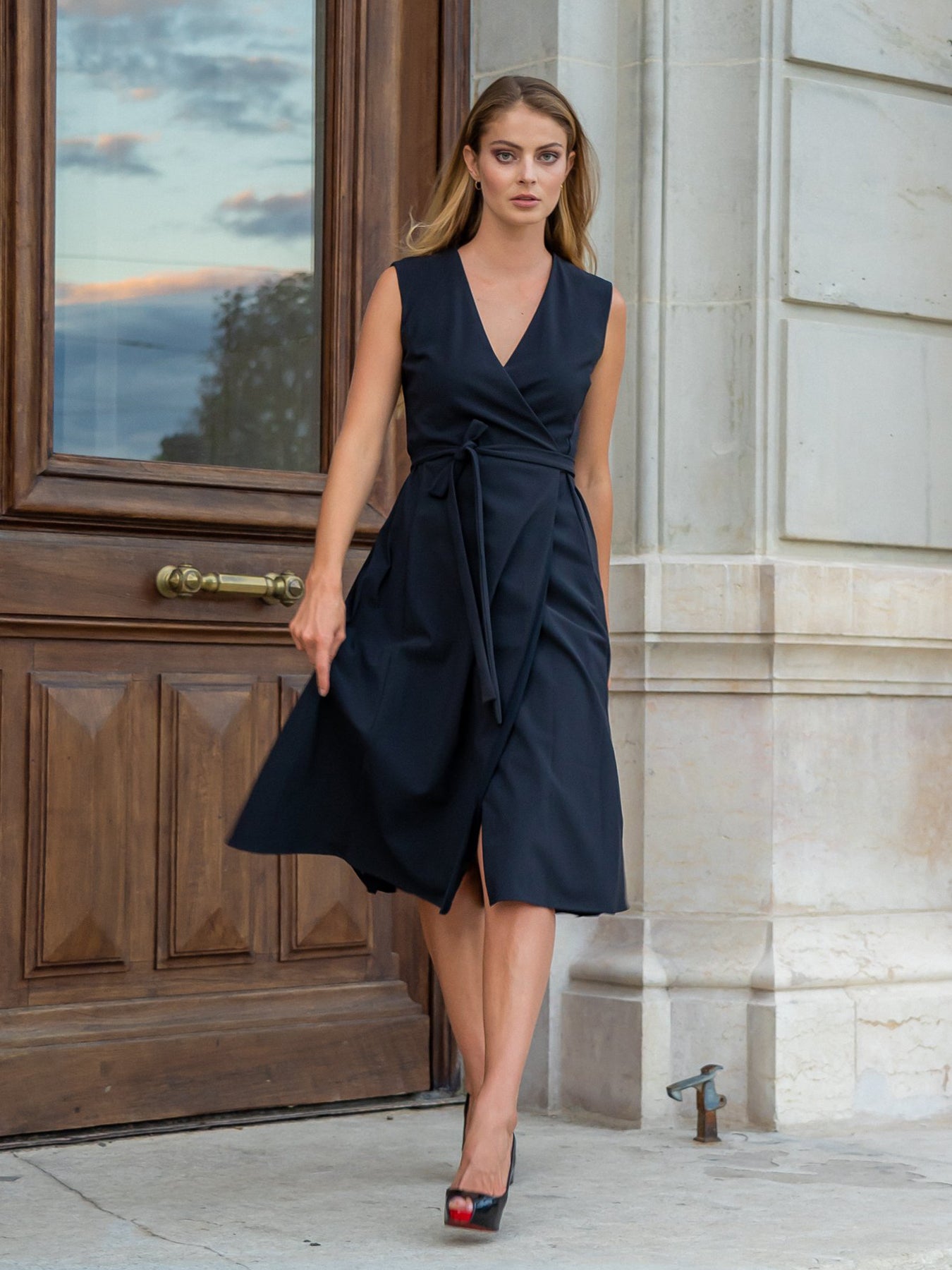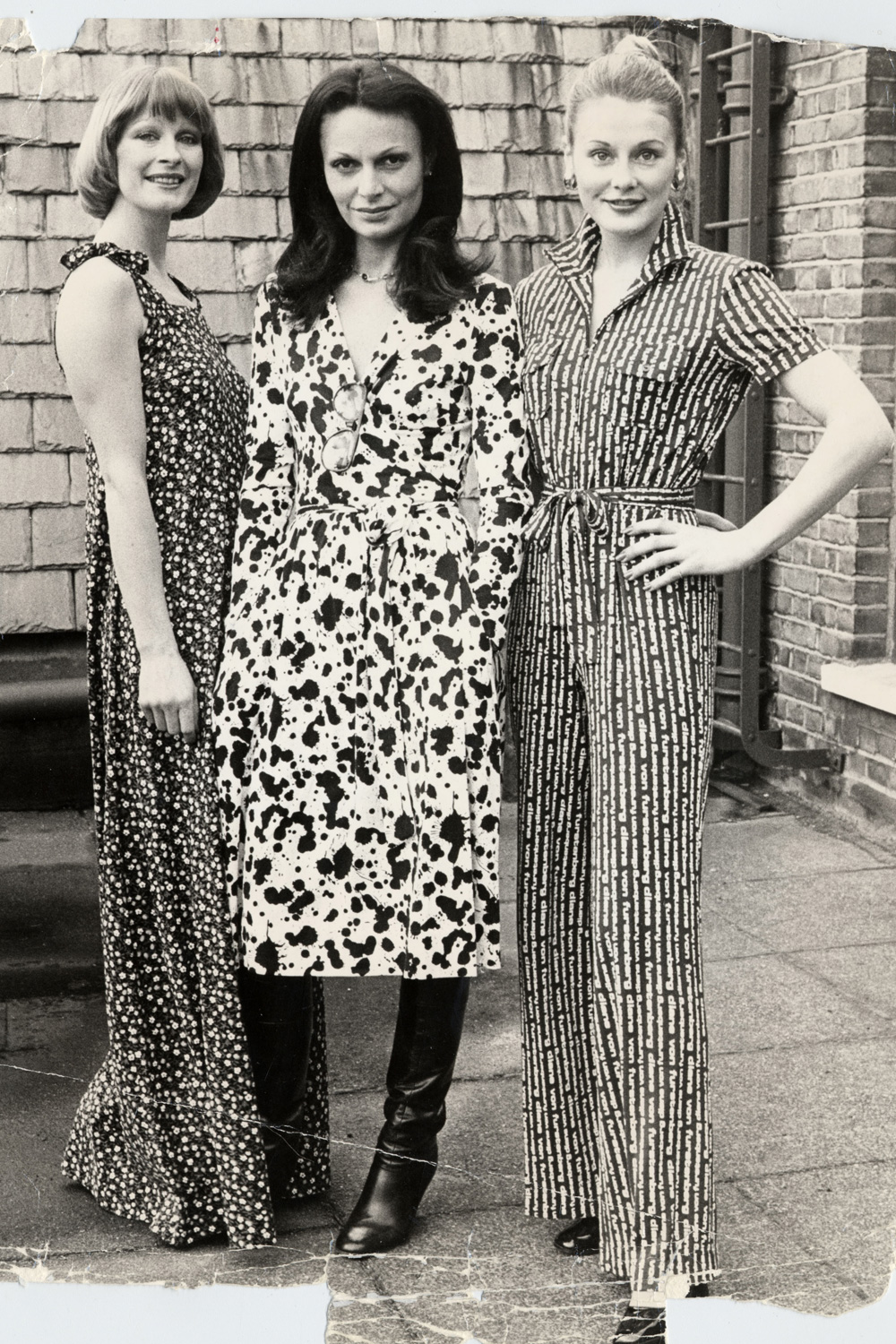The Designer Wrap Dress Revolution
The designer wrap dress has undeniably become a cornerstone of modern fashion, reflecting a significant shift in how women dress and perceive their attire. This article aims to provide a comprehensive exploration of the wrap dress’s evolution, its current status as a fashion staple, and its potential to shape the future of women’s fashion. The term “revolution” is not used lightly here; it signifies a transformative period in dress design that has excited fashion enthusiasts and industry insiders alike.

The History of the Wrap Dress
The history of the designer wrap dress is as rich as it is fascinating. Originating in the 1970s, Diane von Fürstenberg is credited with popularizing the wrap dress, making it a symbol of female empowerment and ease. The dress’s simple yet elegant design allowed for comfort and style, resonating with women who sought practical yet fashionable clothing options. As we delve into the history, we find that the wrap dress has always been more than just a garment; it represents a cultural shift towards freedom and self-expression in fashion.
Current Trends in Designer Wrap Dresses
Today, the designer wrap dress continues to be a favorite among fashion-forward individuals. With an array of materials, patterns, and styles available, the wrap dress has evolved to suit various tastes and occasions. From casual cotton to luxurious silk, and from minimalist designs to bold prints, the wrap dress has proven its versatility and timelessness. Celebrities and fashion influencers alike have been spotted donning this iconic piece, further solidifying its status as a must-have in any wardrobe.

Sustainability and the Designer Wrap Dress
As the fashion industry moves towards greater sustainability, the designer wrap dress has also taken on a new role. Designers are now creating eco-friendly versions of the wrap dress, using sustainable materials and ethical manufacturing practices. This not only aligns with the growing consumer demand for ethical fashion but also ensures that the wrap dress remains relevant in a world increasingly conscious of its environmental impact.
Future of the Designer Wrap Dress
The future of the designer wrap dress looks as promising as its past. With a renewed focus on sustainability and a continued appreciation for its timeless design, the wrap dress is poised to remain a staple in women’s fashion for years to come. As designers continue to innovate and push the boundaries of what the wrap dress can be, we can expect to see even more exciting iterations of this beloved garment.

The Wrap Dress as a Fashion Staple
The designer wrap dress has earned its status as a fashion staple due to its adaptability and enduring appeal. It has transcended mere trends to become a piece that is as relevant today as it was when it first appeared on the fashion scene. The wrap dress’s ability to flatter various body types and its effortless elegance make it a go-to choice for women seeking sophistication without sacrificing comfort.

The designer wrap dress revolution is not just about the evolution of a dress; it’s about the evolution of fashion itself. As we continue to explore the depths of this iconic piece, we are reminded of the power of clothing to shape our identities and express our individuality. The wrap dress is more than a garment; it’s a statement, a symbol, and a staple that will continue to captivate and inspire for generations to come.







